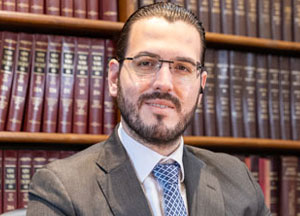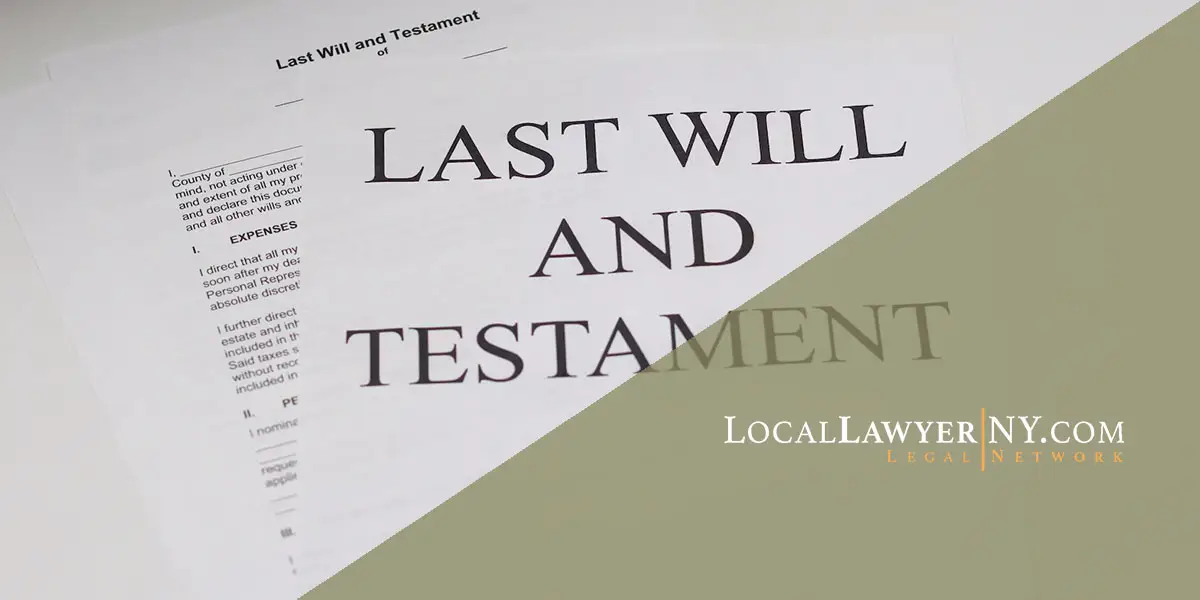Author: AlexFit
1. Estate planning is only for the wealthy:
One of the most common myths about estate planning is that it is only necessary for those with significant wealth. In reality, estate planning is important for individuals of all financial backgrounds. It involves more than just distributing assets; it includes specifying your healthcare wishes, appointing guardians for minor children, and ensuring your loved ones are cared for after your passing.
That statement is a common myth about estate planning. In reality, estate planning is important for individuals of all financial backgrounds. While wealthy individuals may have more complex estate planning needs, everyone can benefit from having a plan in place. Estate planning involves more than just distributing assets; it includes specifying your healthcare wishes, appointing guardians for minor children, and ensuring your loved ones are cared for after your passing. Regardless of your wealth, estate planning allows you to control your affairs and provide for your loved ones according to your wishes.
2. Estate planning is only for older people:
Another misconception is that estate planning is only necessary for older individuals. Accidents and unexpected events can happen at any age, making it crucial for adults to have a plan. Estate planning allows you to determine how your affairs should be handled in case of incapacitation or death, regardless of age.
That statement is another common myth about estate planning. Estate planning is not exclusively for older individuals but is important for adults of all ages. Accidents and unexpected events can happen at any time, making it crucial to have a plan in place. Estate planning allows you to determine how your affairs should be handled in case of incapacitation or death, regardless of your age. Having an estate plan ensures that your wishes are respected and your loved ones are provided for, regardless of your age or health status. It’s never too early to start planning for the future and protecting your assets and loved ones.
3. A will cover all estate planning needs:
While a will is an essential component of estate planning, it is not the only document you should consider. Other important elements include a durable power of attorney, a healthcare directive, and possibly a trust. These documents guide financial and healthcare decisions during your lifetime and after your passing.
- Durable Power of Attorney: This document designates someone to make financial and legal decisions on your behalf if you become incapacitated.
- Healthcare Directive (Living Will): It specifies your healthcare wishes and appoints a healthcare proxy to make medical decisions if you cannot.
- Trusts: Trusts are useful tools for managing and distributing assets, minimizing estate taxes, and providing for specific needs such as caring for minor children or individuals with special needs.
- Beneficiary Designations: Many assets, such as life insurance policies and retirement accounts, allow you to designate beneficiaries directly. Regularly reviewing and updating these designations is important to ensure they align with your estate planning goals.
Estate planning involves considering all these aspects and creating a comprehensive plan that addresses your specific circumstances and goals. It’s recommended to consult with an experienced estate planning attorney to ensure your plan is thorough and legally sound.
4. Estate planning is a one-time event:
Estate planning is not a past event but rather an ongoing process. Life circumstances change, such as acquiring new assets, getting married or divorced, having children, or experiencing changes in financial status. Regularly reviewing and updating your estate plan is important to ensure it reflects your current wishes and circumstances.
Remember, consulting with an experienced estate planning attorney can help dispel these myths and guide you through the process of creating a comprehensive estate plan tailored to your needs.
That statement is a myth. Estate planning is not a one-time event but an ongoing process. Life is dynamic, and your circumstances and goals may change over time. Regularly reviewing and updating your estate plan is important to ensure it remains relevant and effective.
Reasons why estate planning is not a one-time event:
- Changing Life Circumstances: Events such as marriage, divorce, the birth of children or grandchildren, the acquisition or sale of assets, changes in financial status, or the passing of loved ones can all impact your estate plan. Updating your plan to reflect these changes and accurately reflect your wishes is crucial.
- Tax and Legal Changes: Tax laws and estate planning regulations may change. Staying informed about these changes and adjusting your estate plan accordingly can help optimize tax efficiency and ensure compliance with the law.
- Evolving Goals and Priorities: Your goals and priorities may evolve as you progress. Regularly reviewing your estate plan allows you to align it with your current objectives, such as charitable giving, providing for specific family members, or protecting assets for future generations.
- Asset Portfolio Updates: Ensuring your estate plan reflects these changes is important as you acquire or sell assets. Updating beneficiary designations, revising trust provisions, or incorporating new assets into your plan can help ensure a seamless transition of your estate.
Regularly reviewing and updating your estate plan allows you to adapt to life’s changes and ensure that your wishes are accurately reflected and your loved ones are provided for. It is recommended to consult with an experienced estate planning attorney to assist you with the ongoing maintenance and updates of your estate plan.


